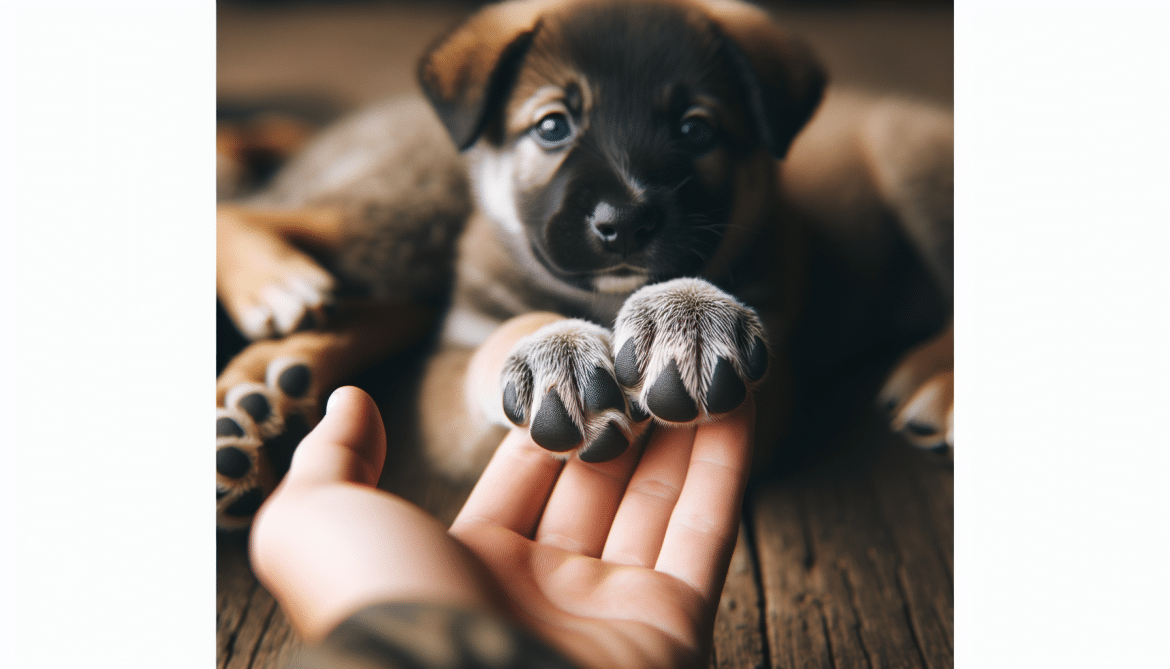Enroll Your Pet in Puppy Socialization Classes and give them the best start in life! By joining these classes, your furry friend will have the opportunity to learn and grow in a safe and welcoming environment, while also developing essential social skills. From playing with other puppies to meeting new people, these classes will help ensure that your pet becomes a well-rounded and confident companion. So why wait? Enroll your pet in Puppy Socialization Classes today and set them on the path to a lifetime of happiness and friendship.
Why Puppy Socialization is Important
Helps with Behavioral Development
Puppy socialization plays a crucial role in the behavioral development of your furry friend. It provides them with the opportunity to learn how to interact with other puppies and people in a positive and controlled environment. By exposing your puppy to various situations, sounds, textures, and experiences, you can help them develop good manners and appropriate behavior.
Reduces Fear and Anxiety
Early socialization helps reduce fear and anxiety in puppies. By gradually exposing them to different environments, noises, and experiences, you can help them become more confident and less fearful in the long run. This is especially important for preventing the development of fear-based aggression and other behavioral problems later on in life.
Builds Confidence
Puppy socialization classes are designed to gradually build your pup's confidence. By exposing them to new experiences and allowing them to interact with other puppies and people, you are helping them develop a sense of security in unfamiliar situations. This confidence will not only benefit their overall well-being but also make them more adaptable to new environments and less likely to become fearful or anxious.
Improves Social Skills
Just like human children, puppies need to learn proper social skills to navigate the world around them. Through interactions with other puppies and people in a controlled environment, your puppy will learn how to communicate, play, and coexist with others. These social skills will be instrumental in helping them form positive relationships and become well-adjusted members of society.
What to Expect in Puppy Socialization Classes
Structured Socialization Activities
Puppy socialization classes typically involve structured socialization activities that allow puppies to interact with one another under the watchful eye of a professional trainer. These activities may include group play, supervised off-leash playtime, and controlled introductions. The goal is to expose puppies to different play styles and ensure that they are learning appropriate behavior while having fun.
Training Exercises
In addition to socialization activities, puppy socialization classes often incorporate basic training exercises. These exercises can help puppies learn essential commands, such as sit, stay, and come, and teach them how to focus and listen to their owner amidst distractions. Training sessions are usually kept short and fun, utilizing positive reinforcement methods to encourage desired behaviors.
Introduction to Different Environments
Puppy socialization classes also expose puppies to various environments to broaden their comfort zones. This may involve visits to different locations, such as parks, pet-friendly stores, or even agility courses. By gradually introducing your puppy to different sights, sounds, and smells, you are helping them become more adaptable and confident in unfamiliar surroundings.
Interaction with Other Puppies and People
One of the primary goals of puppy socialization classes is to expose your pup to a variety of puppies and people. This allows them to learn appropriate play behavior, develop bite inhibition, and become comfortable around different individuals. Interacting with other puppies also offers a valuable opportunity for your furry friend to learn how to read and interpret canine body language.
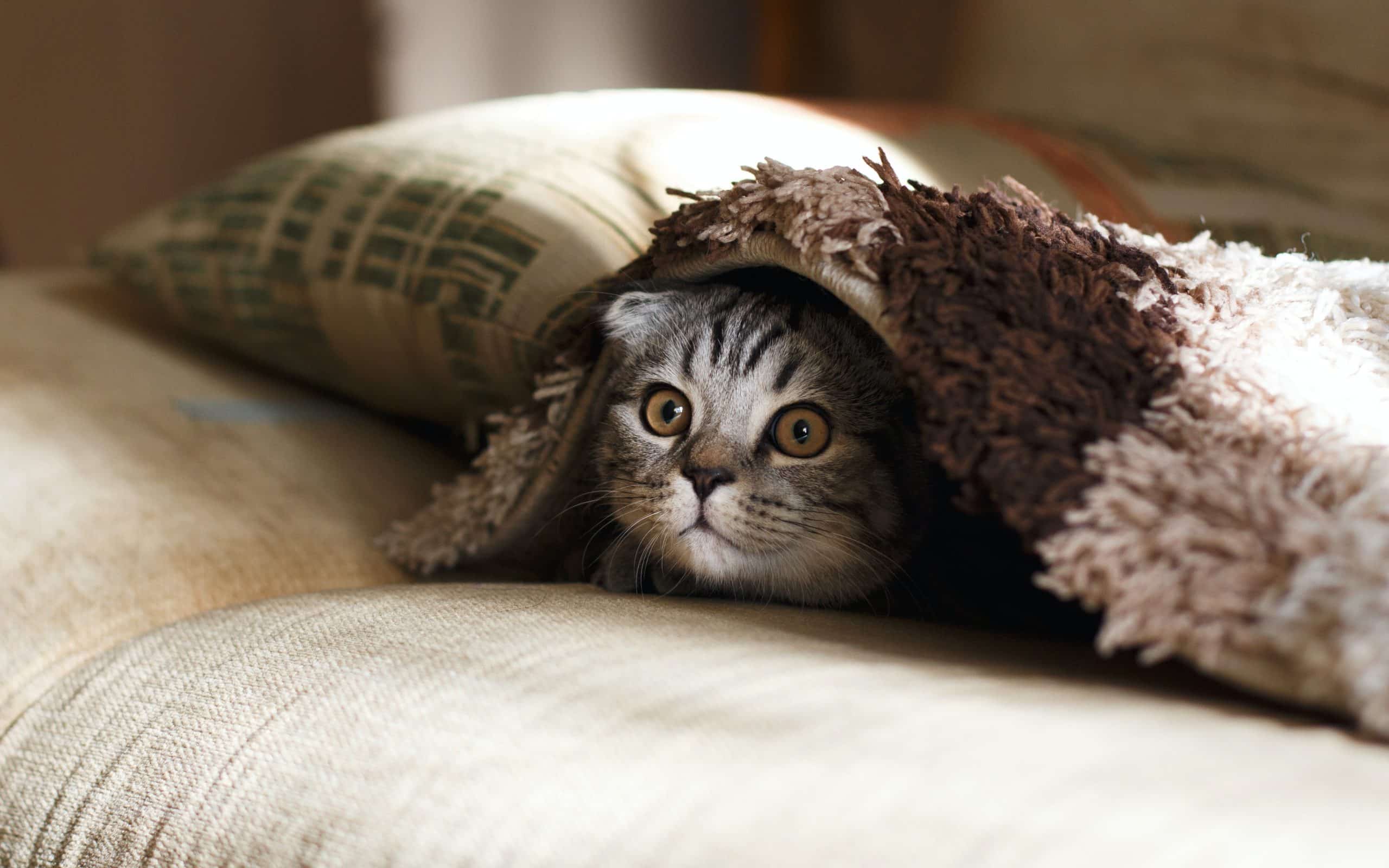
This image is property of images.unsplash.com.
When to Enroll Your Puppy
Age Limits for Enrollment
It is recommended to enroll your puppy in socialization classes between the ages of 8 and 16 weeks. This is known as the critical socialization period when puppies are most receptive to new experiences and learning. However, many reputable puppy socialization classes have modified their programs to accommodate older puppies as well.
Ideal Time for Socialization
The earlier you start socializing your puppy, the better. It is essential to begin socialization as soon as you bring your puppy home, even before they are eligible for formal classes. Early socialization can involve exposing your pup to gentle handling, positive interactions with family and friends, and gradually introducing them to new environments and stimuli. This foundation will prepare them for future socialization classes.
How to Choose the Right Puppy Socialization Class
Certified Trainers
When choosing a puppy socialization class, it is crucial to ensure that the trainers are certified and have experience working with puppies. Look for trainers who have obtained certifications from reputable organizations specializing in dog training and behavior. This will give you peace of mind knowing that your puppy is in capable hands.
Class Size and Environment
Consider the class size and environment when selecting a puppy socialization class. Smaller class sizes allow for more individual attention and ensure that the trainer can closely monitor each puppy's progress. Additionally, the class environment should be clean, safe, and free from any potential hazards that could harm your puppy.
Curriculum and Activities
Review the curriculum and activities offered in the puppy socialization class. Look for classes that offer a balance between socialization activities, basic training exercises, and exposure to different environments. The curriculum should be age-appropriate and cover topics such as play behavior, bite inhibition, basic obedience, and manners.
Positive Reinforcement Methods
It is essential to choose a puppy socialization class that utilizes positive reinforcement methods. This means trainers should reward and encourage desired behaviors rather than relying on punishment or aversive techniques. Positive reinforcement is not only effective but also helps foster a loving and trusting relationship between you and your puppy.
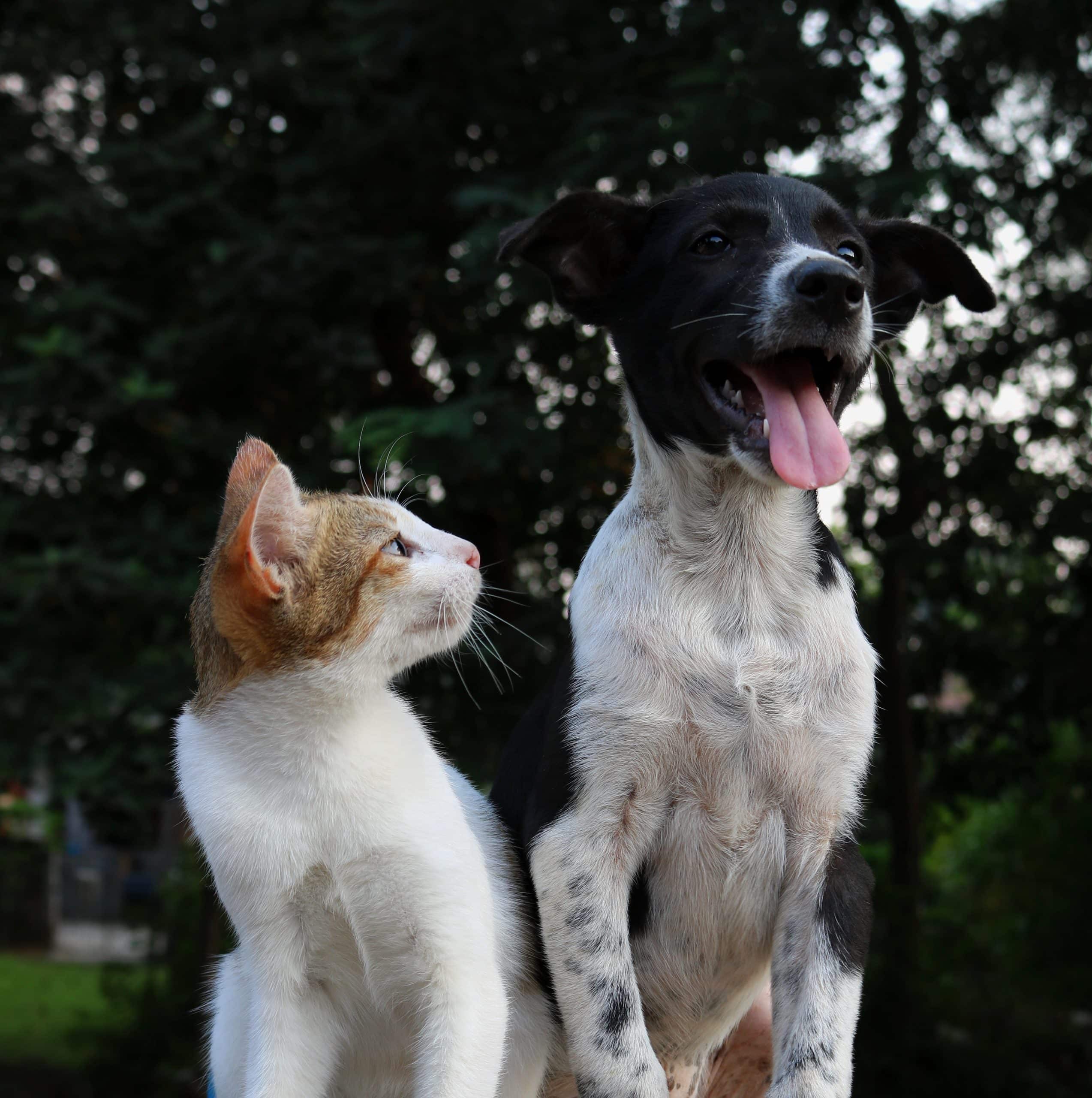
This image is property of images.unsplash.com.
Benefits of Puppy Socialization Classes
Prevents Behavioral Problems
Properly socialized puppies are less likely to develop behavioral problems later in life. Through exposure to different people, animals, and environments, puppies learn how to navigate the world around them confidently. This helps prevent fear-based aggression, separation anxiety, and other common behavioral issues that can arise in poorly socialized dogs.
Helps with Bite Inhibition
Puppy socialization classes provide the perfect opportunity for puppies to develop bite inhibition. Through interactions with littermates and supervised play with other puppies, they learn how to control the force of their bite. This skill is crucial in preventing accidental injuries during play or moments of excitement.
Enhances Bonding
Participating in puppy socialization classes can help strengthen the bond between you and your furry friend. As you both navigate new experiences together, your puppy learns to trust and rely on you for guidance and support. This shared journey creates lasting memories and deepens the connection between you and your pup.
Creates Well-rounded and Sociable Pets
Puppy socialization classes are designed to create well-rounded and sociable pets. By exposing your puppy to a variety of situations, people, and animals, you are providing them with the necessary tools to navigate the world confidently. Well-socialized dogs are more likely to be friendly, adaptable, and comfortable in different environments, making them a joy to have as companions.
Preparing for Puppy Socialization Classes
Vaccination Requirements
Before enrolling in puppy socialization classes, ensure that your puppy has received their necessary vaccinations. Vaccinations help protect your pup from potentially harmful diseases. Consult with your veterinarian to determine the appropriate vaccination schedule and ensure that your puppy is up to date.
Essential Supplies
Gather the necessary supplies before attending puppy socialization classes. This may include a leash, collar or harness, treats for training, waste bags, and a water bowl. Having the essential supplies on hand will make your experience more enjoyable and help ensure that you and your puppy are prepared for every class session.
Basic Training at Home
Before attending puppy socialization classes, it is helpful to establish some basic training at home. Teaching your puppy simple commands, such as sit, stay, and come, will give them a foundation to build upon during the classes. This basic training will also help your pup focus and listen to you amidst distractions.
Creating a Positive Association with the Class
To ensure a positive experience, create a positive association with the puppy socialization class. This can be done by taking your pup for short visits to the class location before starting the official classes. Allow them to explore the environment, receive treats, and interact with the trainer or staff members. By associating the class with positive experiences, your puppy will be excited and eager to attend.
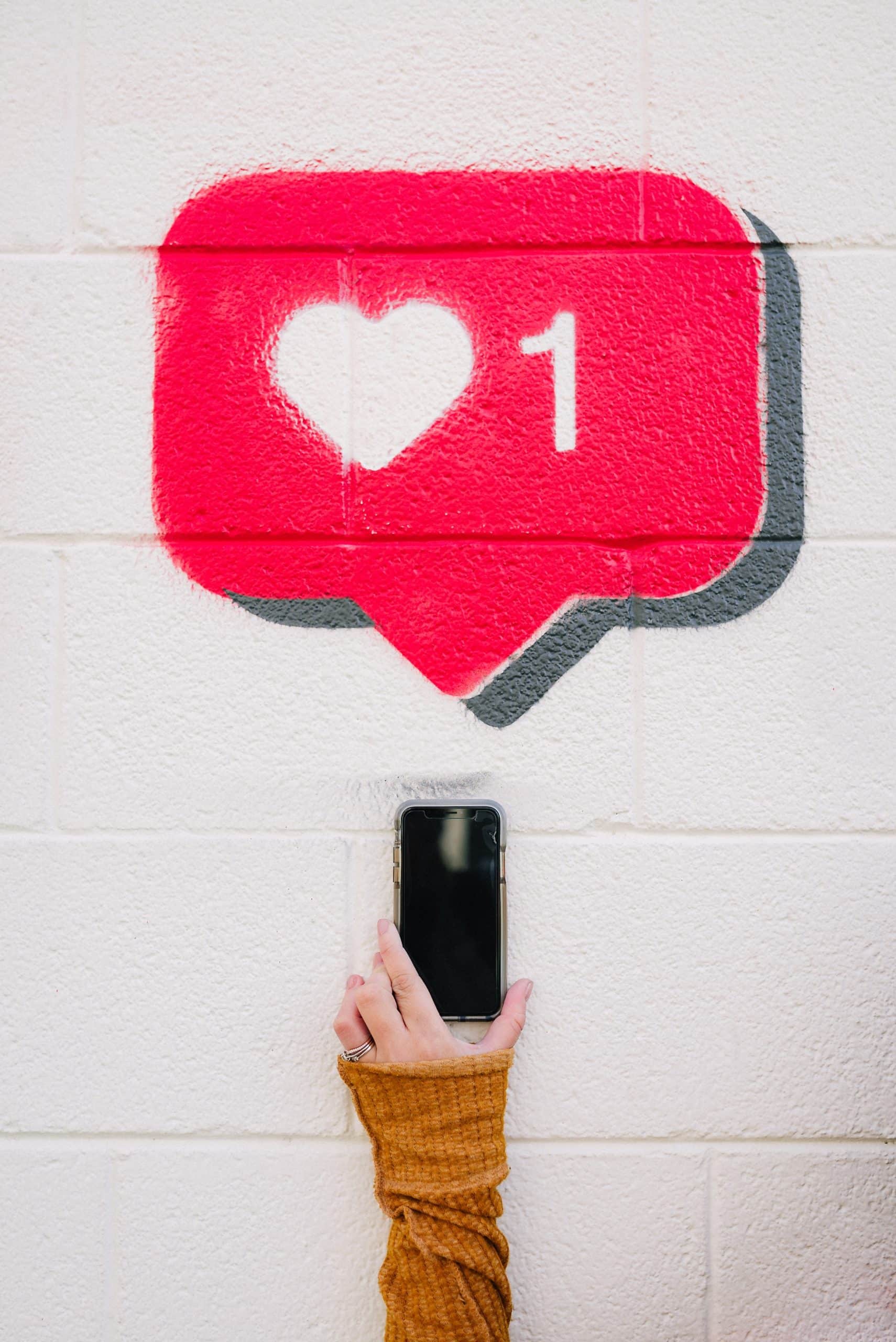
This image is property of images.unsplash.com.
Tips for a Successful Experience
Take it Slow and Gradual
When attending puppy socialization classes, it is essential to take things slow and gradual. Every puppy learns at their own pace, so don't rush them into overwhelming situations. Gradually increase the level of difficulty and exposure to new experiences as your puppy becomes more comfortable and confident. This will ensure a positive and successful learning experience.
Stay Positive and Encouraging
Maintain a positive and encouraging attitude throughout the puppy socialization classes. Puppies respond best to positive reinforcement, so be sure to praise and reward them for good behavior. Stay patient and understanding, as learning new skills can take time. By keeping the atmosphere positive, your puppy will be more motivated to learn and engage in the class activities.
Observe and Learn from Others
A puppy socialization class is an excellent opportunity to observe and learn from others. Pay attention to how other puppies and their owners interact and handle different situations. This can provide you with valuable insights and tips on techniques or approaches that may work well for your own puppy. Don't hesitate to ask questions and seek guidance from the trainer or other owners.
Practice Consistency and Patience
Consistency is key when it comes to puppy socialization. Reinforce the lessons learned in class during your everyday interactions with your puppy. Incorporate the training exercises and behaviors into your daily routine to maintain consistency and reinforce the lessons learned. Patience is also essential, as puppies may not grasp certain concepts immediately. Remember that learning takes time and consistent practice.
FAQs about Puppy Socialization Classes
What is the duration of a typical class session?
The duration of a typical puppy socialization class session can vary. Most classes range from 45 minutes to an hour, allowing ample time for socialization activities, training exercises, and Q&A sessions. However, the exact duration may depend on the specific program and trainer.
Can older dogs benefit from socialization?
Yes, older dogs can benefit from socialization, although they may require a different approach compared to puppies. While puppies have a critical socialization period, older dogs can still learn and adapt to new experiences. Look for socialization classes specifically designed for adult dogs to ensure that they receive the appropriate training and exposure.
Can my puppy attend classes if they haven't completed their vaccinations?
Many puppy socialization classes have modified their protocols to allow puppies to attend even if they haven't completed their vaccinations. This is done to take advantage of the critical socialization period when puppies are most receptive to learning. However, it is crucial to discuss this with your veterinarian and ensure that the class environment is safe and properly sanitized to minimize any potential health risks.
How long does the socialization phase last?
The socialization phase in puppies typically lasts until they reach around 16 weeks of age. However, it is important to continue socializing and exposing your pup to new experiences throughout their life. Socialization is an ongoing process that helps dogs remain adaptable, confident, and well-behaved members of society.
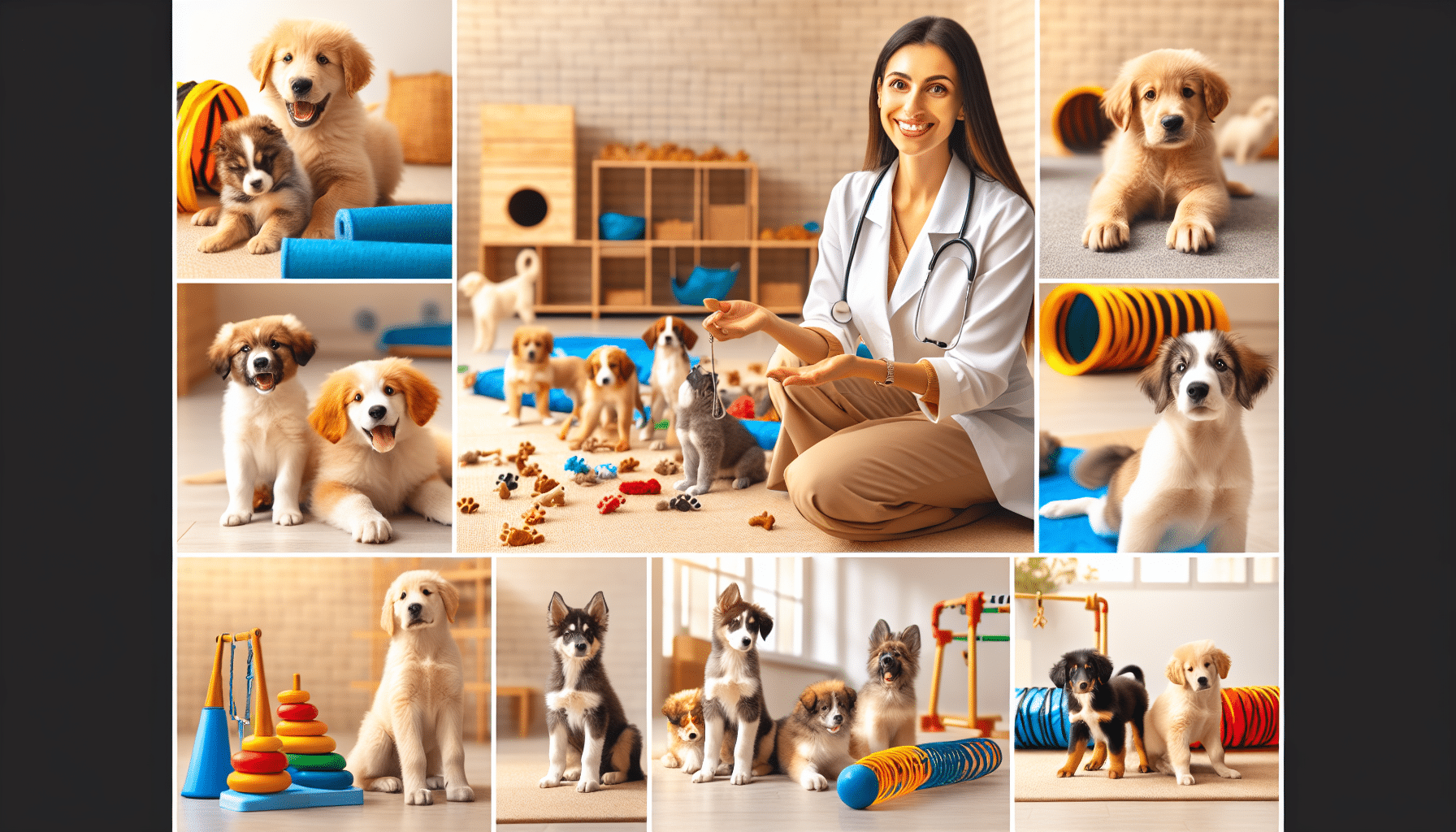
Conclusion
Enrolling your puppy in puppy socialization classes is one of the best investments you can make in their future. These classes provide a safe and controlled environment for your pup to develop essential skills, build confidence, and form positive relationships. By participating in structured socialization activities, training exercises, and exposure to different environments, your puppy will grow into a well-rounded, sociable, and happy companion. So, don't delay - find the right puppy socialization class for your furry friend and embark on this exciting journey together!

